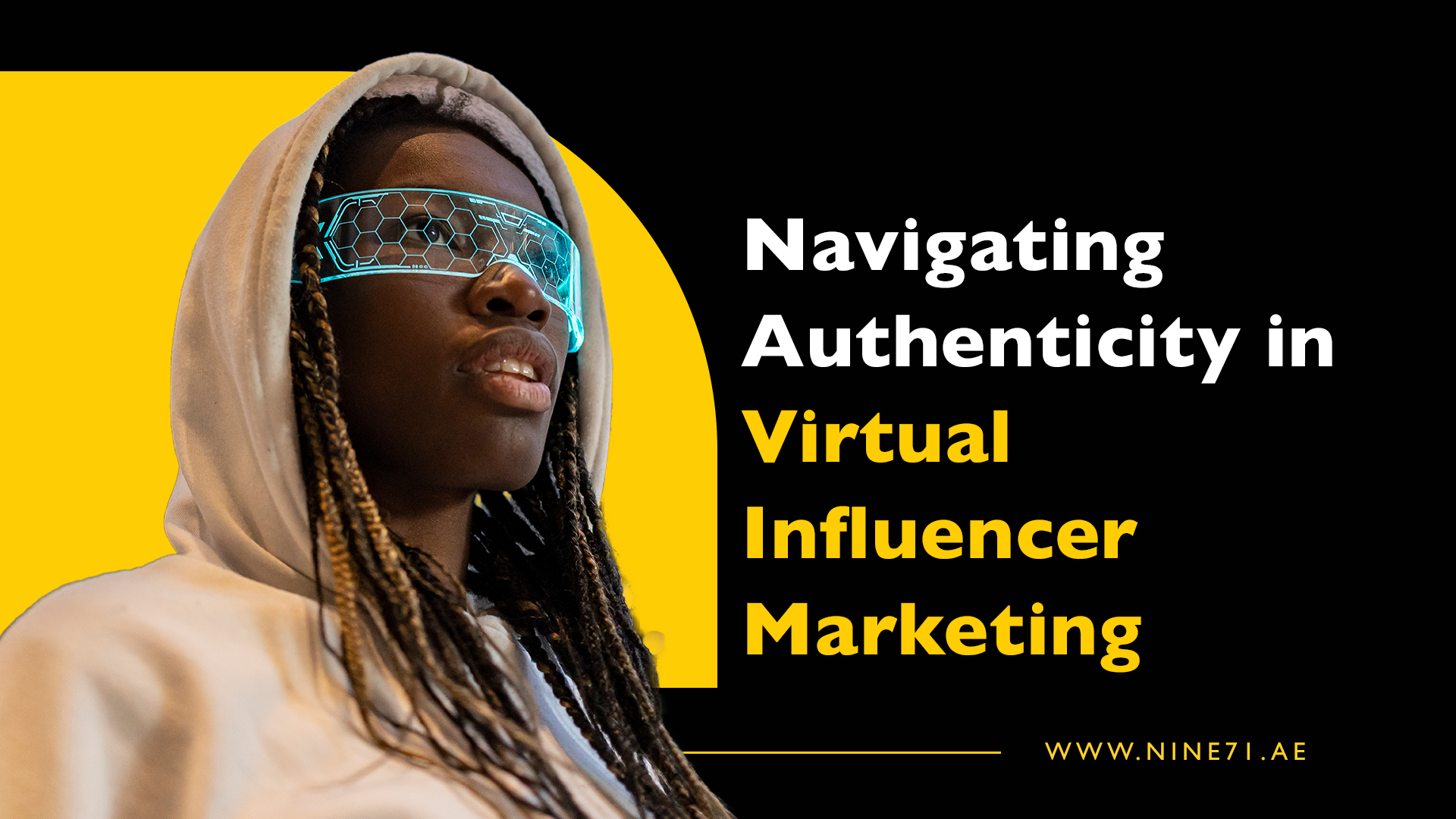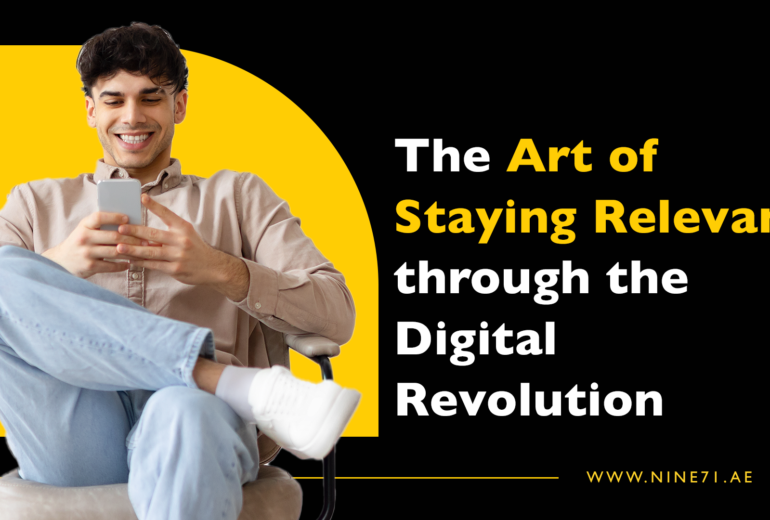Virtual influencers are making waves in the digital space, offering brands a unique blend of control and creativity in their marketing strategies. These computer-generated personas, acting with the same intentionality as their human counterparts, have found a niche in the metaverse, providing a fresh canvas for brands and creators to paint their narratives. But the question that looms large is: Can these digital entities embody the authenticity that has been the cornerstone of influencer marketing?
The Ethical Dilemma and Brand Control
The ethical considerations of deploying virtual influencers are multifaceted. On one hand, they offer brands unparalleled control over messaging and image, eliminating the unpredictability of human influencers. Eric Dahan, CEO of Open Influence, suggests that virtual influencers can serve as brand mascots, embodying the values and messaging of a company without the potential pitfalls of human error or scandal. However, the ethical tightrope wobbles when considering the potential for misinformation, unrealistic standards, and the targeting of susceptible audiences.
Navigating a Mixed Reality with Virtual Influencers
The future consists of a world that is mixed with reality, with its avatars and digital landscapes, provides a fertile ground for virtual influencers to flourish. As people immerse themselves in this hybrid world, using avatars and engaging with others in this digital AR universe, distinguishing between a virtual influencer and a real person’s avatar becomes a blurred line. The potential for personalized experiences, multiple simultaneous interactions, and a continuous presence makes virtual influencers a tantalizing prospect for brands looking to make a mark in the mixed reality.
Monetization and the Future of Virtual Influencers
As the digital world continues to evolve, so do the methods of monetization for creators and brands. The shift towards social commerce, particularly in the wake of changes to advertising models and privacy updates, has paved the way for innovative monetization strategies. Virtual influencers, with their controlled messaging and broad reach, can be leveraged by brands to tap into new revenue streams, from video to affiliate revenue through social commerce, while also ensuring a consistent and controlled brand message.
Dina Assaf – Head of Campaigns, Nine71




